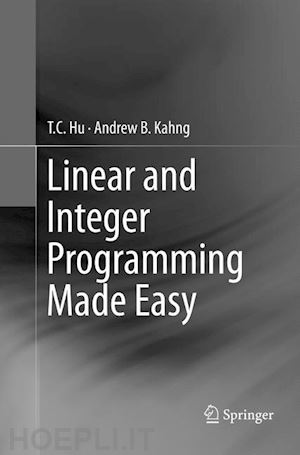T.C. Hu received his B.S. in Engineering from the National Taiwan University in 1953, M.S. in Engineering from the University of Illinois in 1956, and Ph.D in applied Mathematics from Brown University in 1960. From 1960 to 1966, he was with the IBM Research Center. Dr. Hu was appointed Associate Professor in the Dept. of Computer Science at the University of Wisconsin in 1966 and Full Professor in 1968 (also permanent member of the Mathematics Research Center). In 1974, Dr. Hu was appointed Professor (Step IV) in the Department of Applied Physics and Information Science at the University of California, San Diego, and was promoted to Professor (Step VIII) in 1989. His research contributions can be classified into six areas: (I) Network Flows and Integer Programming; (II) Combinatorial Algorithms; (III) Math Computing; (IV) VLSI Physical Design; (V) Operations Research; and (VI) Plasticity.
Andrew B. Kahng (b. Oct. 1963, San Diego, CA) received the A.B. degree in applied mathematics (physics) from Harvard College, and from June 1983 to June 1986 was affiliated with Burroughs Corporation Micro Components Group in San Diego, where he worked in device physics, circuit simulation, and CAD for VLSI layout. He received the M.S. and Ph.D degrees in computer science from the University of California at San Diego. He joined the UCLA computer science department as an assistant professor in July 1989, and became associate professor in July 1994 and full professor (at age 34) in July 1998. In October 2004, Professor Kahng co-founded Blaze DFM, Inc., an EDA software company that delivered new cost and yield optimizations at the IC design-manufacturing interface. He served as CTO of the company during a two-year leave of absence, returning to the university full-time in September 2006. Professor Kahng has served on the editorial boards of IEEE Transactions on VLSI, IEEE Transactions on Circuits and Systems I, IEEE Design and Test (where he contributes the regular column, "The Road Ahead"), and the Research Highlights section of the Communications of the ACM. He has been a member of the executive committee of the MARCO Gigascale Systems Research Center since the center's inception in 1998.












